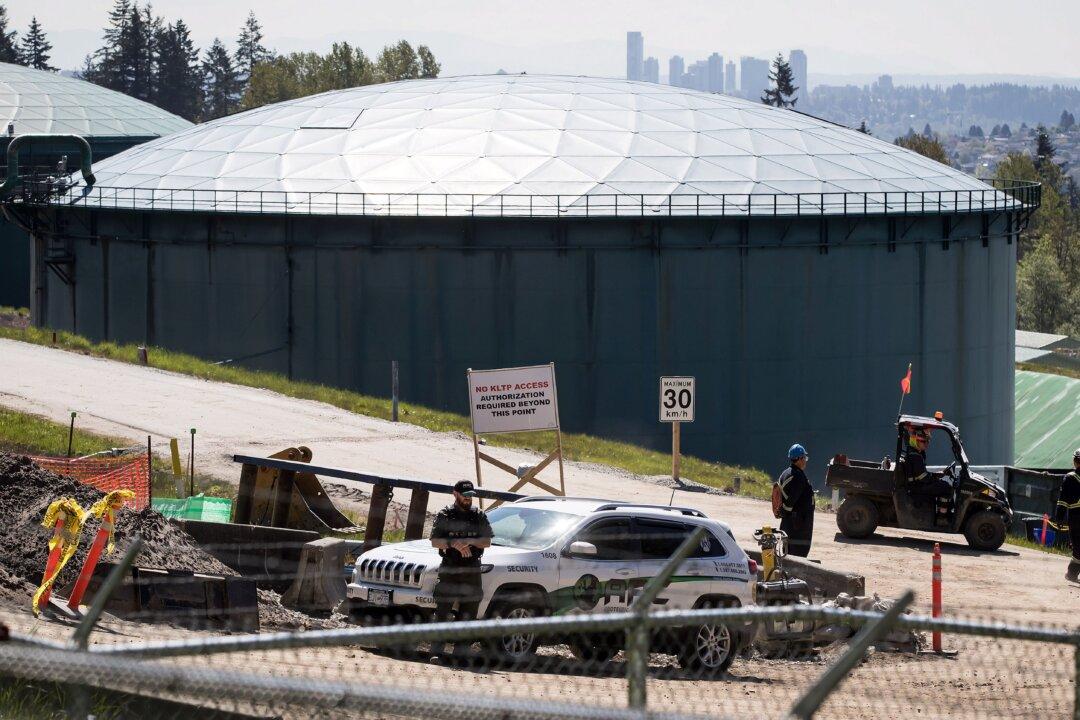Neither fossil fuels nor public revenues are flowing very well in Canada. Reports of low investor confidence in Canadian oil and gas recently converged with news of the worst federal deficit in the country’s history.
On July 8, the federal government announced its dire economic snapshot. It expects the economy to tank by 6.8 percent in 2020—the greatest drop since the Great Depression. A $343 billion federal deficit will push all-time debt past $1 trillion in 2021.





